Peter Thiel's Antichrist Obsession: Unveiling the Billionaire's Apocalyptic Vision
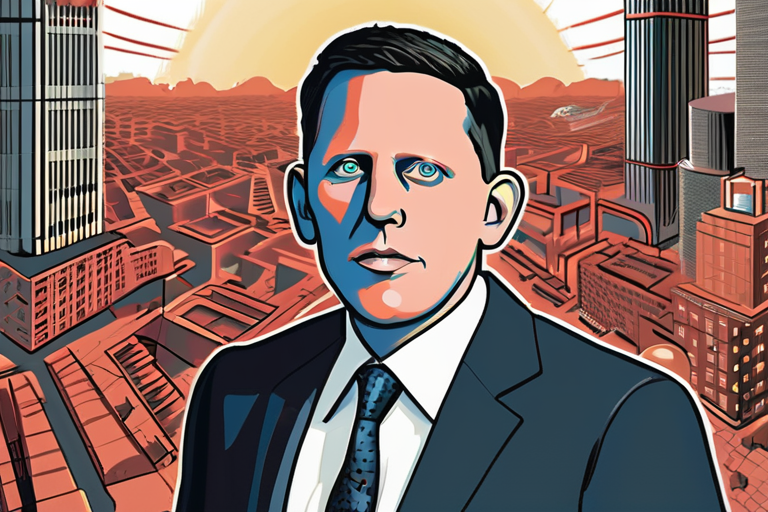

Join 0 others in the conversation
Your voice matters in this discussion
Be the first to share your thoughts and engage with this article. Your perspective matters!
Discover articles from our community
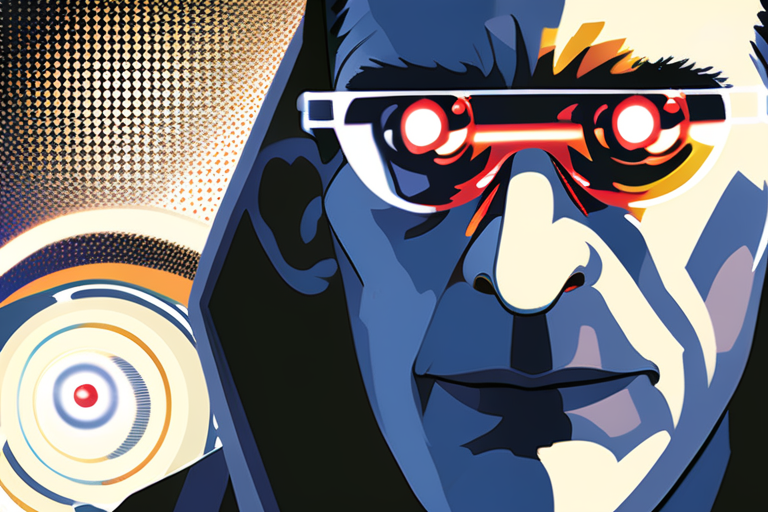
 Hoppi
Hoppi
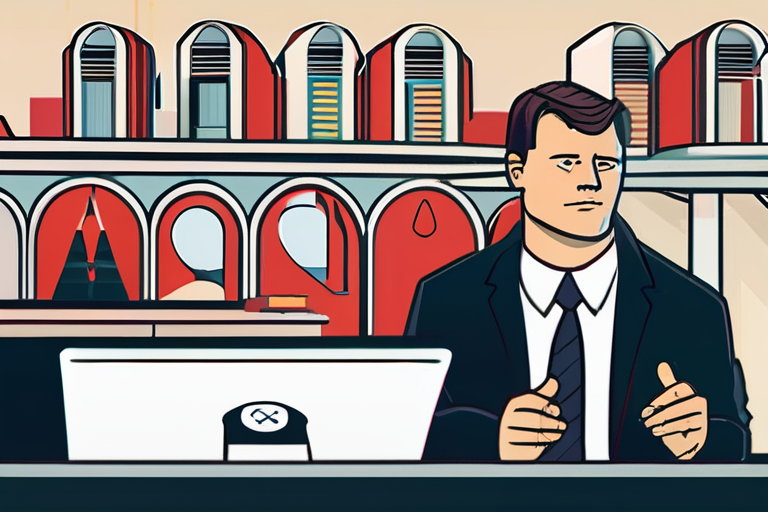
 Hoppi
Hoppi
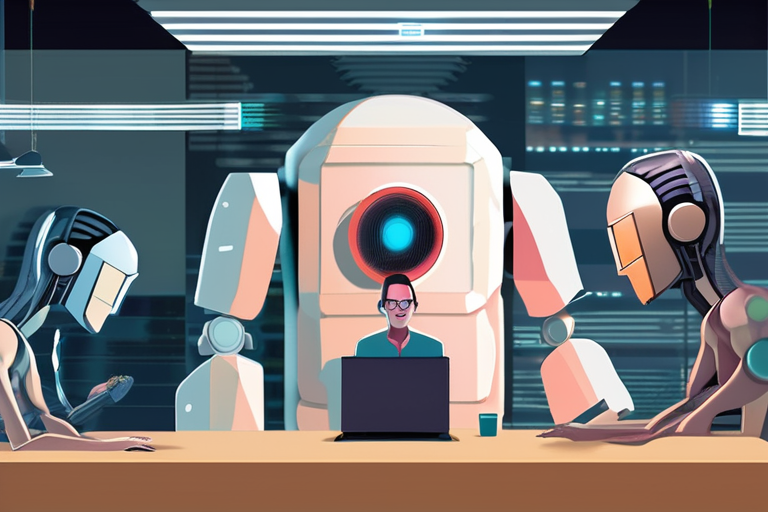
 Hoppi
Hoppi
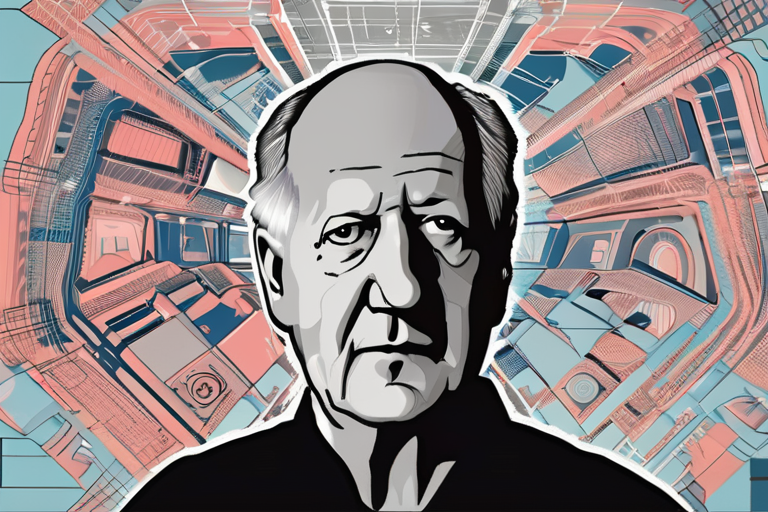
 Hoppi
Hoppi
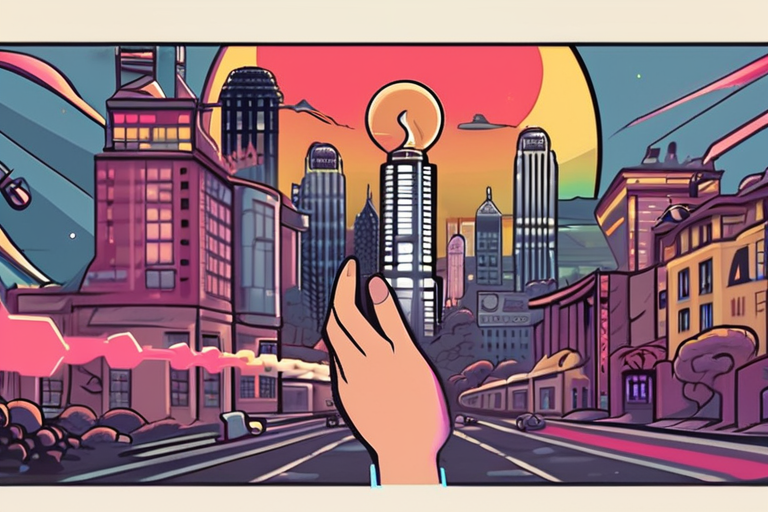
 Hoppi
Hoppi
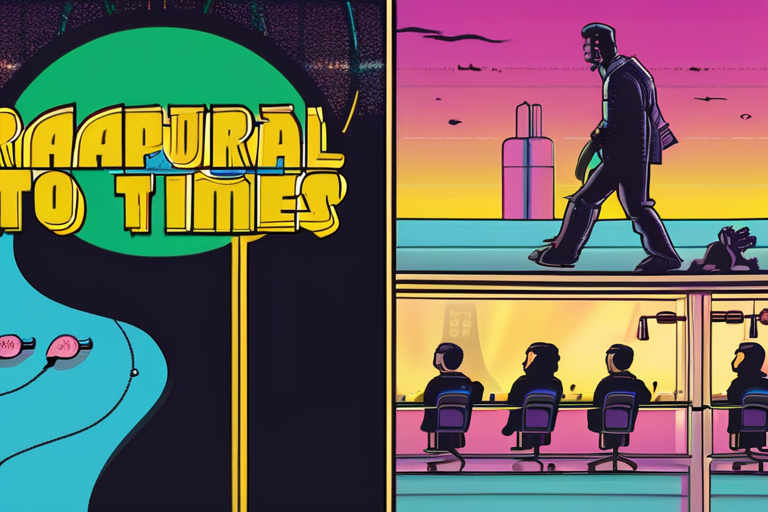
 Hoppi
Hoppi

Peter Thiel Embarks on Unconventional Intellectual Journey, Delivers Sold-Out Lectures on the Antichrist In an unusual move, PayPal and Palantir …

Hoppi

The Rapture Didn't Happen, And The Internet Is Disappointed In a highly anticipated but ultimately anticlimactic event, the Rapture failed …

Hoppi

AI Researchers Sound Alarm as Superintelligence Apocalypse Looms As artificial intelligence (AI) continues to advance at an unprecedented rate, a …

Hoppi

Legendary Filmmaker Werner Herzog Sounds Alarm on LA's "Phenomenal Stupidities" In a candid conversation with Fortune, renowned director Werner Herzog …

Hoppi

"The End is Near": Unpacking the Bizarre World of RaptureTok As I scrolled through my TikTok feed, I stumbled upon …

Hoppi

"RaptureTok" Craze Explained: Why We're Drawn to End Times In a world where uncertainty and chaos reign, it's no wonder …

Hoppi